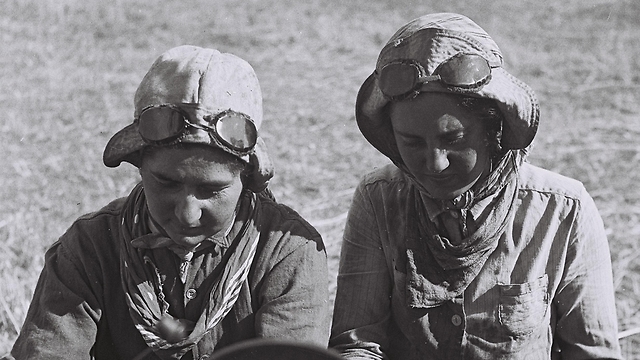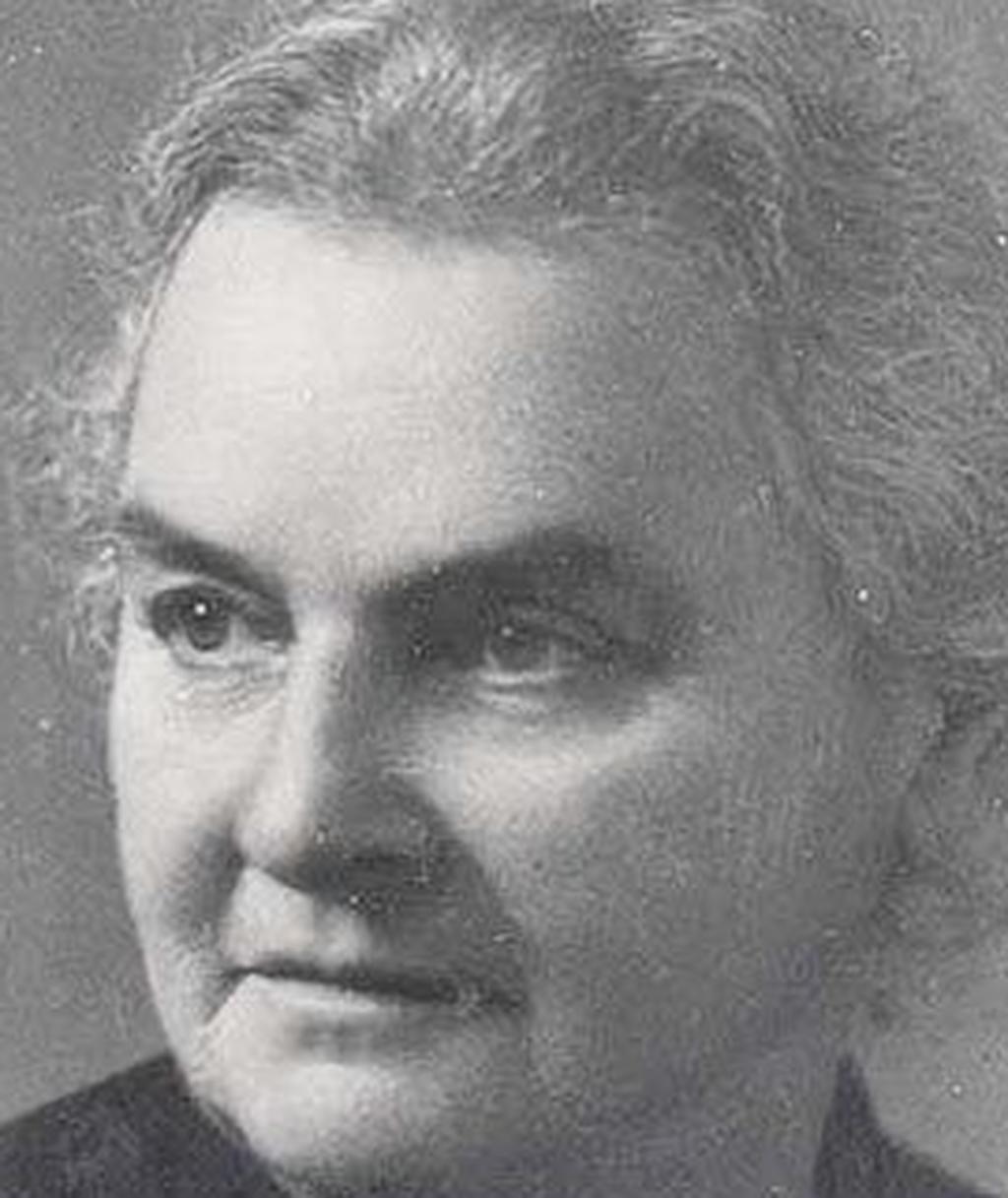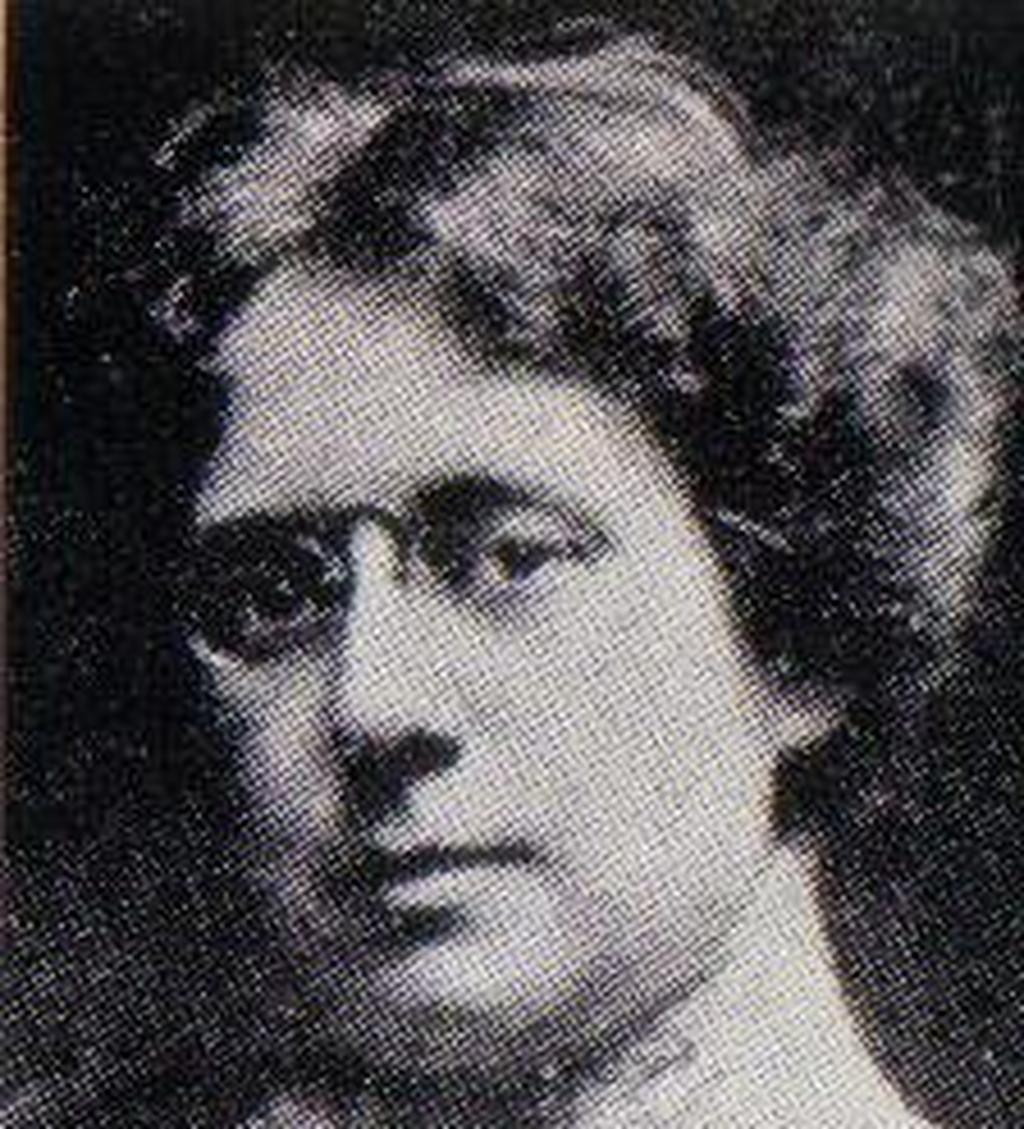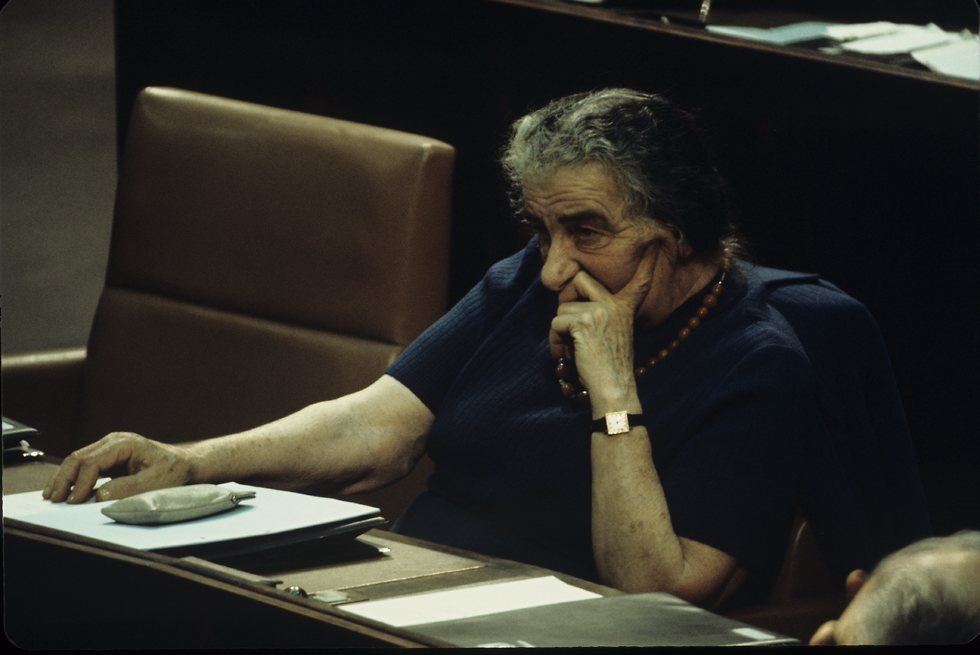Getting your Trinity Audio player ready...
The acts of segregation and discrimination against women in Israel coming into the public spotlight cause us to look back rather fondly towards the past.
Repeated cases of women forbidden to sing at public gatherings, efforts to implement a "modest dress code," making women sit at the back of the bus and defacing female faces on billboards bring to mind the women who were part of Israel's pioneer generation in the early 20th century.
Images of women in work clothes and khaki shorts, standing alongside men, holding either rifles or work tools, show full partners in the foundation and defense of this nation.
But the gap between what is seen in the pictures and the reality at the time is greater than we think.
The notion of total equality between the sexes during the founding of Israel, is, unfortunately, a baseless myth.
Many female Israeli academics and historians show that women didn't only suffer from economic and work inequality at that time, but also political inequality as well.
The exclusion of women that defined the Yishuv (Jewish community in pre-state Palestine) reached its peak in 1918, when the British Mandate ordered the Jews living in there to organize a representative body.
This process quickly created the foundation of what we can recognize today as the Knesset of Israel, but was bogged down and postponed constantly, chiefly over the disagreement on women's suffrage.
The debate over the rights of women to vote and be elected was mainly between the "Old Yishuv" - the ultra-Orthodox community that lived in the area before the emergence of modern Zionism and who at that time were joined by the conservative Mizrachi movement - and the "New Yishuv" – mainly the members of various workers' and socialist movements who migrated to pre-state Palestine at that time and fully supported women's suffrage in an effort to found a modern state apparatus for the Jewish nation.
As the debate went on, 1919 saw the creation of the Union of Hebrew Women for Equal Rights in Eretz Israel - an apolitical organization whose mission was to promote political and electoral rights for women.
The first chairwoman of the body was Dr. Rosa Welt-Straus, an Austrian-born suffragist and feminist.
The question of women's suffrage came up again and again during debates within the Yishuv institutions at the time, but only in January 1926, during the second meeting of the Yishuv Assembly of Representatives were full equal rights for women announced.
By the third meeting of the assembly, several women have been elected to it, including Henrietta Szold, founder of the Women's Zionist Organization of America and Hadassah, and Rachel Cohen-Kagan, a prominent social activist and feminist.
Over the years, the story of the battle for women's suffrage has been dropped from the Zionist narrative. It is not taught in schools. The names of those who were members in the UHWEREI and their actions are unknown and are not commemorated in the public sphere.
Forgetting their story and replacing it with fictional images of equality in the public consciousness has created a faulty notion the women's rights and inequality has never been a problem in Israel, and the fight for it is seen as irrelevant.
This is a grave mistake.
Israeli women are the only ones in the western world who are subject to discriminatory laws and are the only social group who are barred from serving in certain civil service jobs.
Whole communities in Israel discriminate against women and bar them from communal and political leadership.
The State of Israel officially allowed for parties who bar women from joining for their party list to run for elections.
5 View gallery
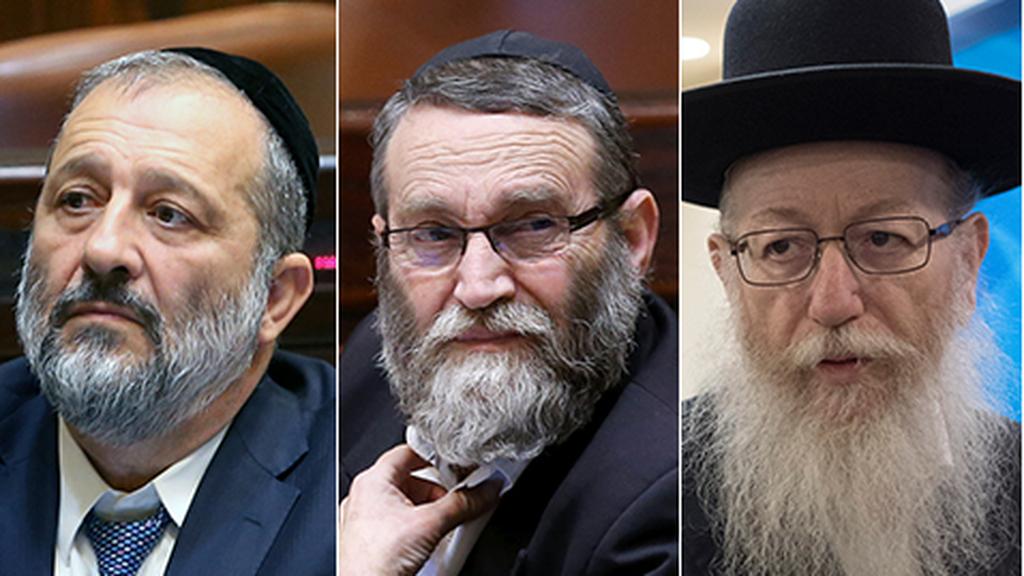

Shas party leader Aryeh Deri, United Torah Judaism party co-leaders Moshe Gafni and Yaakov Litzman
(Photo: Reuters, Yoav Dudkevitch, Alex Kolomoisky)
Just this year, two appeals were filed against the ultra-Orthodox parties Shas and United Torah Judaism, resulting in changes to the parties' laws to permit women to run for office.
A merely superficial change if anything.
Even as it seems that formal rights for women were granted 100 years ago, women in Israel still cannot call themselves equal citizens.
Like the female activists of today, the leaders of the UHWEREI were under immense pressure and were caught between the national interest of the time and their feminist goals.
Just as it is today, the existential threat faced by the Yishuv superseded all social and civil issues, such as gender equality and women's rights, marking them as less important than the ongoing security threat.
Just as it is today, the refusal to kowtow to the beliefs of the ultra-Orthodox leadership was seen as a situation that might lead to a tear within the nation.
In spite of that, the feminist leaders of the past had more nerve and less apt for compromises than modern-day activists.
Women's suffrage was a central issue that united women from all backgrounds for a united struggle.
In a way, most women today refrain from entering the minefield of accusations and pressures and tend to surrender to the axiom that feminist issues are not the state's top priority and could cause a rift within Israeli society.
"The glory of each generation is to make its own precedents," said Belva Ann Lockwood, the first woman to run for the U.S. presidency.
This year marks 100 years since the founding of the Israeli Suffrage Movement, and it is time to recognize the herstory, change the narrative and teach the precedents made by our founding mothers, especially in these times, facing another election cycle.
Prof. Ruth Halperin-Kaddari is the founding head of the Ruth and Emanuel Rackman Center for the Advancement of the Status of Women at the Bar Ilan University Law School
Einat Ofer is a member of Rackman Center


